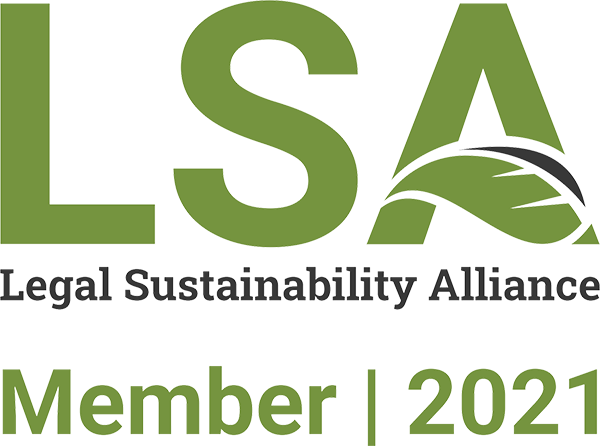The ECHR has ruled that in some cases the disclosure of confidential information by employees may go unpunished on grounds of public interest and freedom of expression.
Thus, in a context where the employee who had disclosed the information was criminally sanctioned in Luxembourg, the ECHR found that his right to freedom of expression had been violated.
The ECHR recently settled a case concerning the disclosure by an employee of confidential documents protected by professional secrecy.
The information disclosed included a total of 14 tax returns from multinational companies and two covering letters obtained from his place of work.
Following a complaint lodged by his employer, the employee was ordered by the Luxembourg Court of Appeal to pay a criminal fine of EUR 1 000 and a symbolic sum of EUR 1 as compensation for the non-material damage suffered by his employer.
In view of its findings as to the importance, at both national and European level, of the public debate on the tax practices of multinational companies, to which the information disclosed by the applicant made an essential contribution, the ECHR held that the public interest in the disclosure of that information outweighed any prejudicial effects arising from that disclosure.
Thus, after balancing all the interests at stake and considering the nature, seriousness and deterrent effect of the applicant’s criminal conviction, the ECHR concluded that the interference with his right to freedom of expression, in particular his freedom to communicate information, was not “necessary in a democratic society”.
(link)





